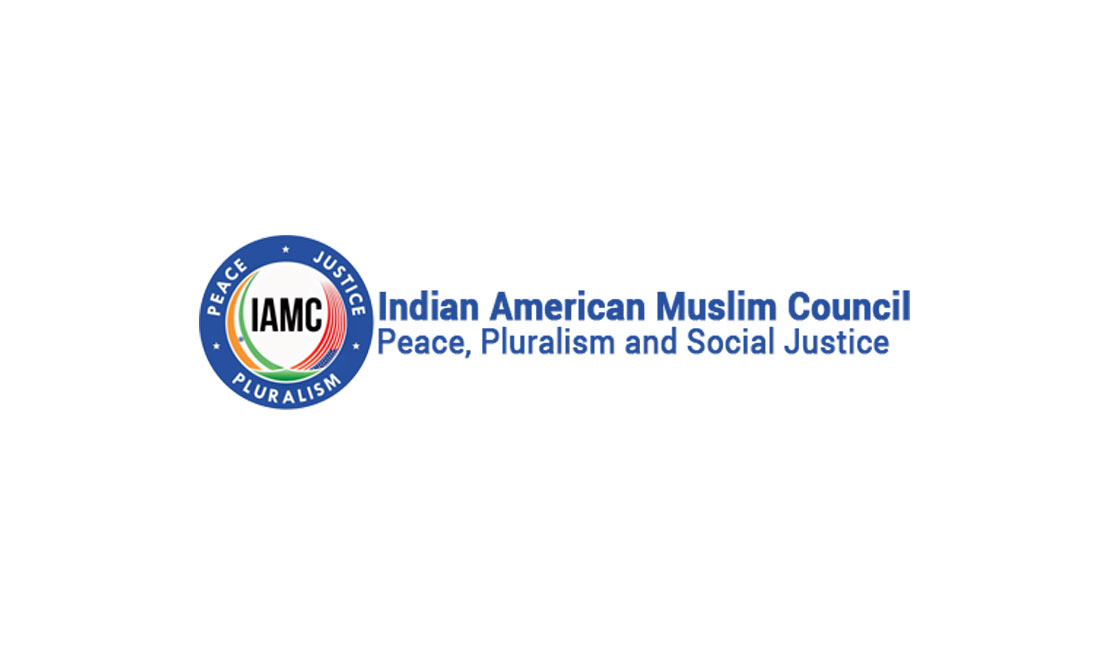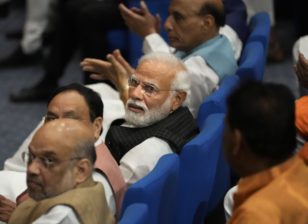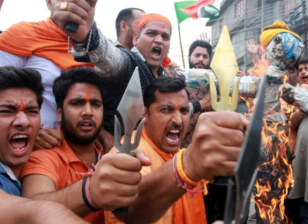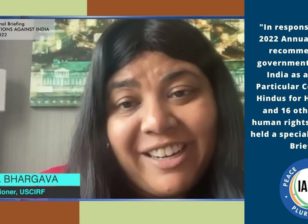Padma Shri Sharif Chacha’s life is a lesson in communal harmony
Amidst attempts by the ruling Bharatiya Janata Party (BJP) to communalise the ongoing protests against the Citizenship Amendment Act (CAA), the National Register of Citizens (NRC) and the National Population Register (NPR), Padma Shri Mohammad Sharif (Sharif Chacha)’s life offers a stark contrast, one that we all can learn from. Twenty-seven years ago, in January 1992, Sharif’s eldest son Raes Khan went missing after he left for Sultanpur to work as a chemist. It was the peak of the Ram Janmabhoomi movement launched by the Sangh parivar…
For over a month the distraught Sharif looked for his son across neighbouring towns and villages.… Shattered by the death of his son, and the manner in which his body was allowed to decompose in the absence of anybody to conduct the last rites, Sharif resolved to not let the same happen to unclaimed dead bodies in the twin-towns of Faizabad and Ayodhya. For him it was not about Hindu or Muslim, but about fundamental humanity that accords each one the right to dignity, at least in death.
According to his own estimate he has done the last rites for over 5,000 bodies, but others estimate that figure to be five times more. Whatever be the actual number, what is important is that Sharif Chacha made no discrimination between unclaimed bodies on the basis of religion. Despite his belief that his son’s murder was communal in nature, he did not selectively leave out the dead who were non-Muslims.…




